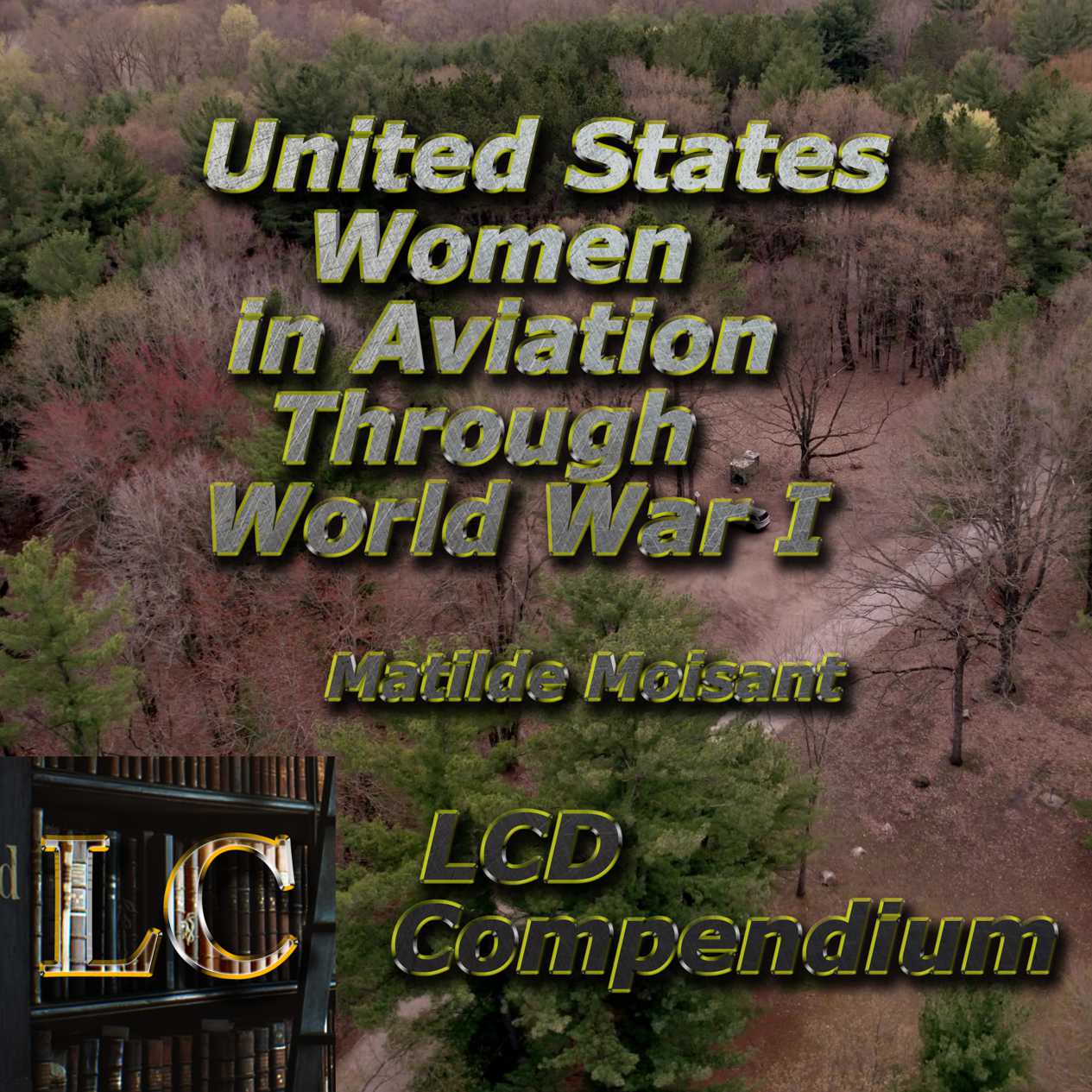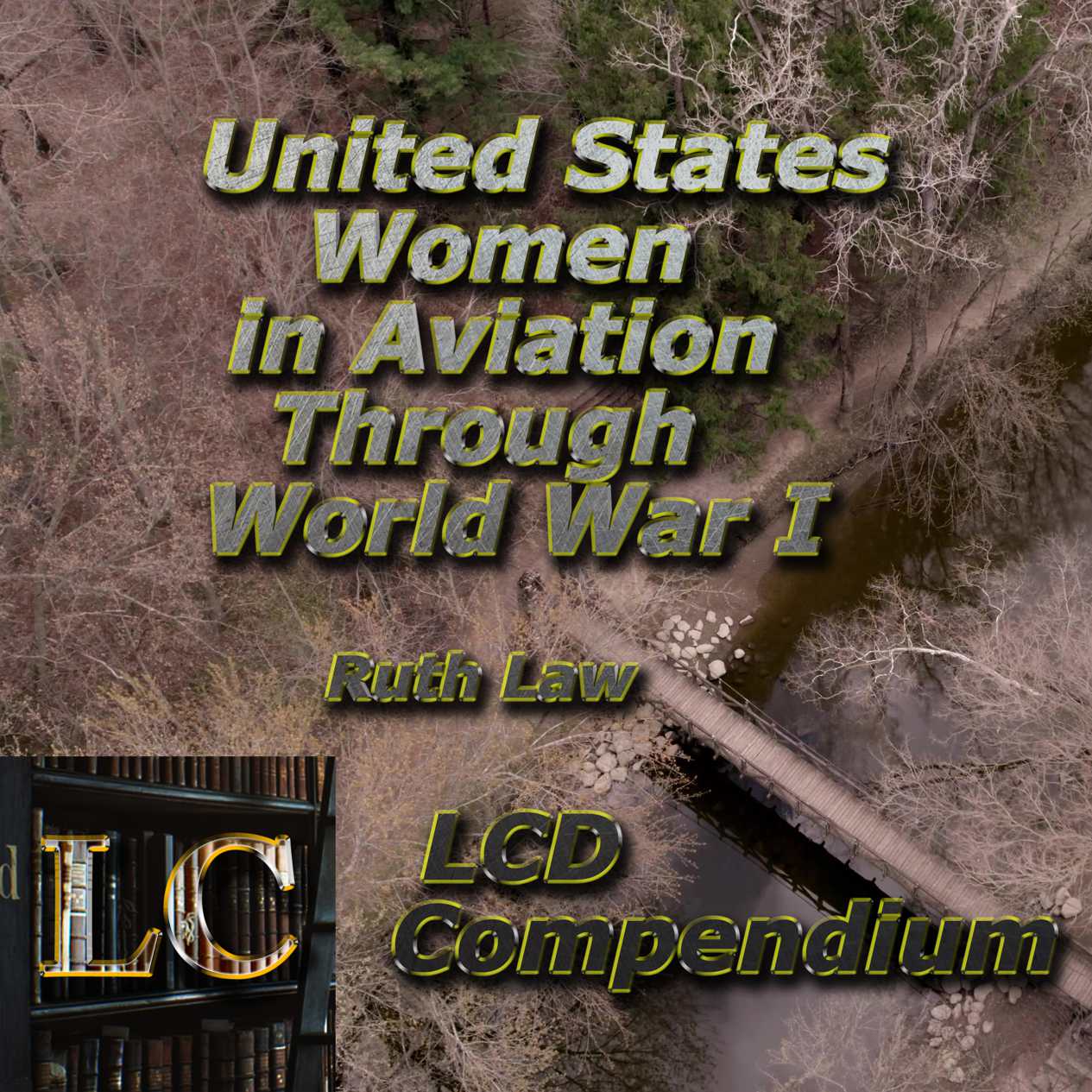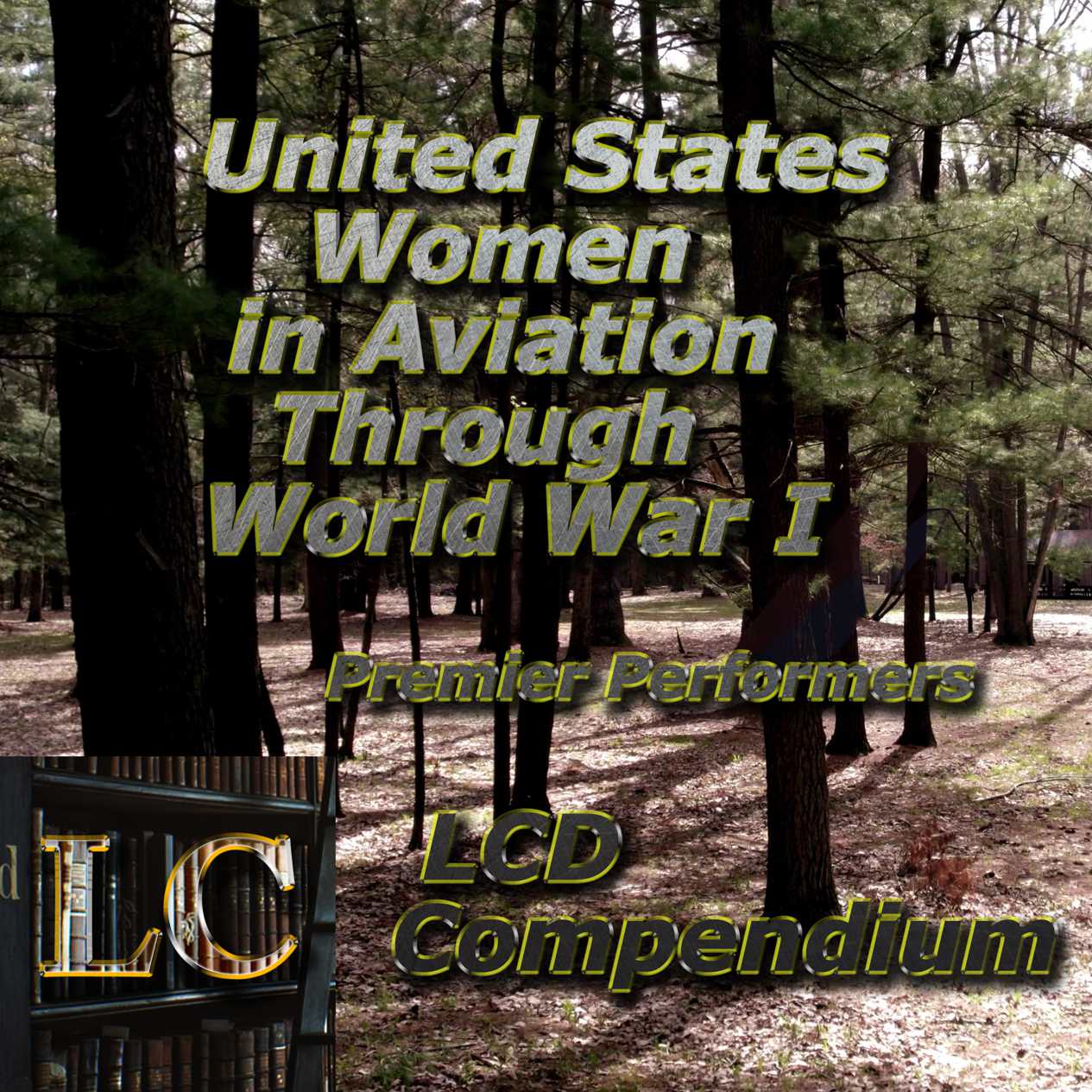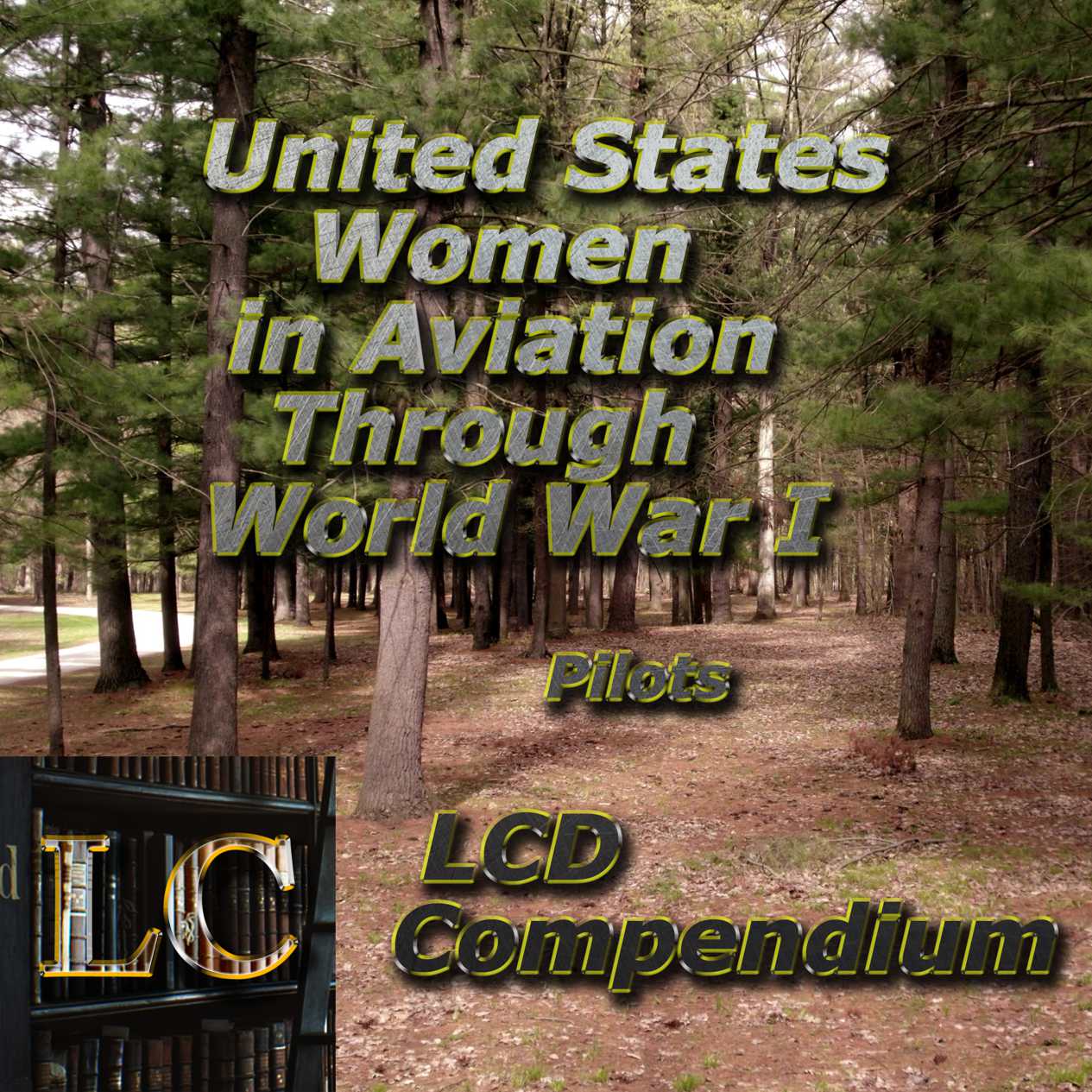Episode Transcript
1
0:00:00,000 --> 0:00:04,000
SERIES PUBLICATIONS OF THE. SMITHSONIAN INSTITUTION
2
0:00:04,000 --> 0:00:08,000
SMITHSONIAN STUDIES IN AIR AND SPACE NUMBER 2
3
0:00:08,000 --> 0:00:13,000
United States Women in Aviation through World War One
4
0:00:13,000 --> 0:00:15,000
by Claudia M Oakes
5
0:00:15,000 --> 0:00:26,000
Aerial Photography from Photations Visit Photations.com and www.PhotationsStore.com for more fine art photography
6
0:00:26,000 --> 0:00:32,000
Help support this series by visiting PhotationsDonations.com
7
0:00:32,000 --> 0:00:34,000
Matilde Moisant
8
0:00:34,000 --> 0:00:48,000
The second woman in the United States to receive a pilot’s license was Matilde Moisant, Harriet Quimby’s best friend and fellow student at the Moisant Aviation School
9
0:00:48,000 --> 0:00:53,000
On 13 August 1911, she qualified for F A
10
0:00:53,000 --> 0:00:58,000
I (Aero Club of America) certificate number 44
11
0:00:58,000 --> 0:01:07,000
Her brother John was a famous exhibition pilot and her brother Albert operated the Aviation School
12
0:01:07,000 --> 0:01:32,000
With Harriet, she joined the Moisant International Aviators and made her flying debut at the Nassau Boulevard Aviation Meet, held 24–30 September There she soared to the then astounding height of 1200 feet, beating both Harriet Quimby and Hélène Dutrieu for the Rodman Wanamaker altitude trophy
13
0:01:32,000 --> 0:01:39,000
Though of small stature and rather frail appearance, Matilde possessed a great deal of courage
14
0:01:39,000 --> 0:02:17,000
For example, on 8 October 1911, she foiled the attempts of the Nassau County Sheriff to arrest her for flying on a Sunday by the simple expedient of flying from one airfield to another and then driving away in a car before the Sheriff could catch her He failed to obtain a warrant for her arrest because the judge to whom he applied said he couldn’t see why it should be wrong to fly an airplane on Sunday if it wasn’t wrong to drive a car on Sunday
15
0:02:17,000 --> 0:02:27,000
During the fall of 1911 and the spring of 1912, Matilde flew in various meets around the country
16
0:02:27,000 --> 0:02:48,000
There was always, however, pressure from her family to give up flying because of the danger, which had been tragically manifested by the death of her brother John She finally yielded, and her flight on 14 April 1912, at Wichita Falls, Texas, was billed as being her last
17
0:02:48,000 --> 0:02:56,000
It almost literally was As she landed, her plane burst into flames from a leak in the fuel tank
18
0:02:56,000 --> 0:03:07,000
Spectators ran to the aircraft and pulled Matilde out, her clothes afire Her heavy tweed flying costume was credited with saving her life
19
0:03:07,000 --> 0:03:18,000
After that incident she did retire from flying, but during World War One she was active in raising money for the Red Cross, her name still being well known
20
0:03:18,000 --> 0:03:25,000
One of France’s leading aviatrices, Hélène Dutrieu, was flying in several U S
21
0:03:25,000 --> 0:03:46,000
air meets during this time, competing with Harriet Quimby and Matilde Moisant, and impressing all who saw her with her altitude and distance flights She had begun as a trick bicycle rider, turning somersaults in the air as her cycle was in motion
22
0:03:46,000 --> 0:03:58,000
Her first solo airplane flight occurred in 1909, and her American debut took place at the Nassau Boulevard Aviation Meet in 1911
23
0:03:58,000 --> 0:04:16,000
Back in Europe she won France’s Coupe Femina for the women’s world nonstop flight record on 31 December 1911, covering 158 miles in 178 minutes
24
0:04:16,000 --> 0:04:41,000
In Florence, Italy, she was the only woman in a field of 15 and beat all 14 of her male competitors to win the King’s Cup In 1913 the French Government awarded her the Legion of Hon. or for her achievements and for the glory she brought to France
25
0:04:41,000 --> 0:04:51,000
She made her second visit to the United States in 1915, during which she tried to stimulate American interest in the Allied war effort
26
0:04:51,000 --> 0:05:00,000
During World War One she became an ambulance driver and later the director of a military hospital



